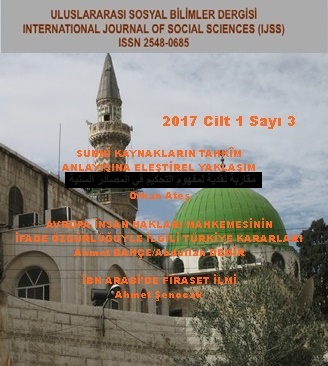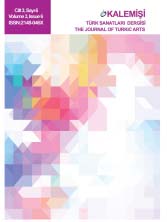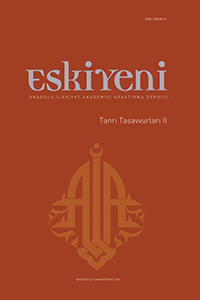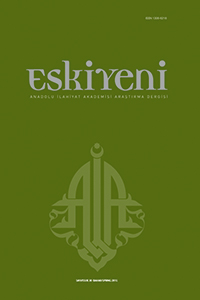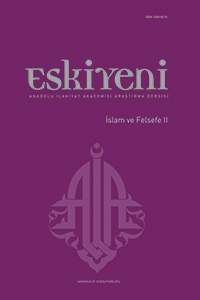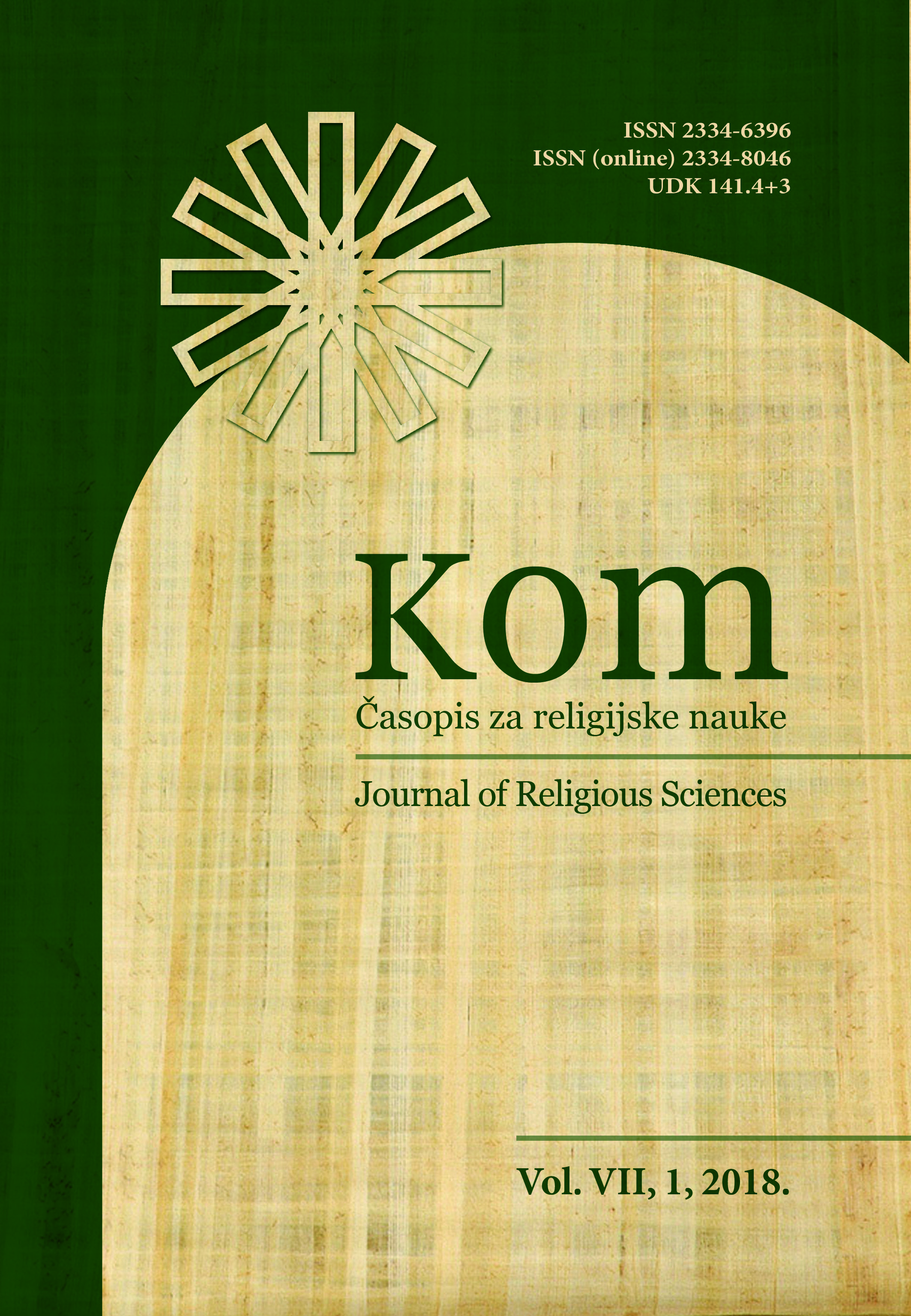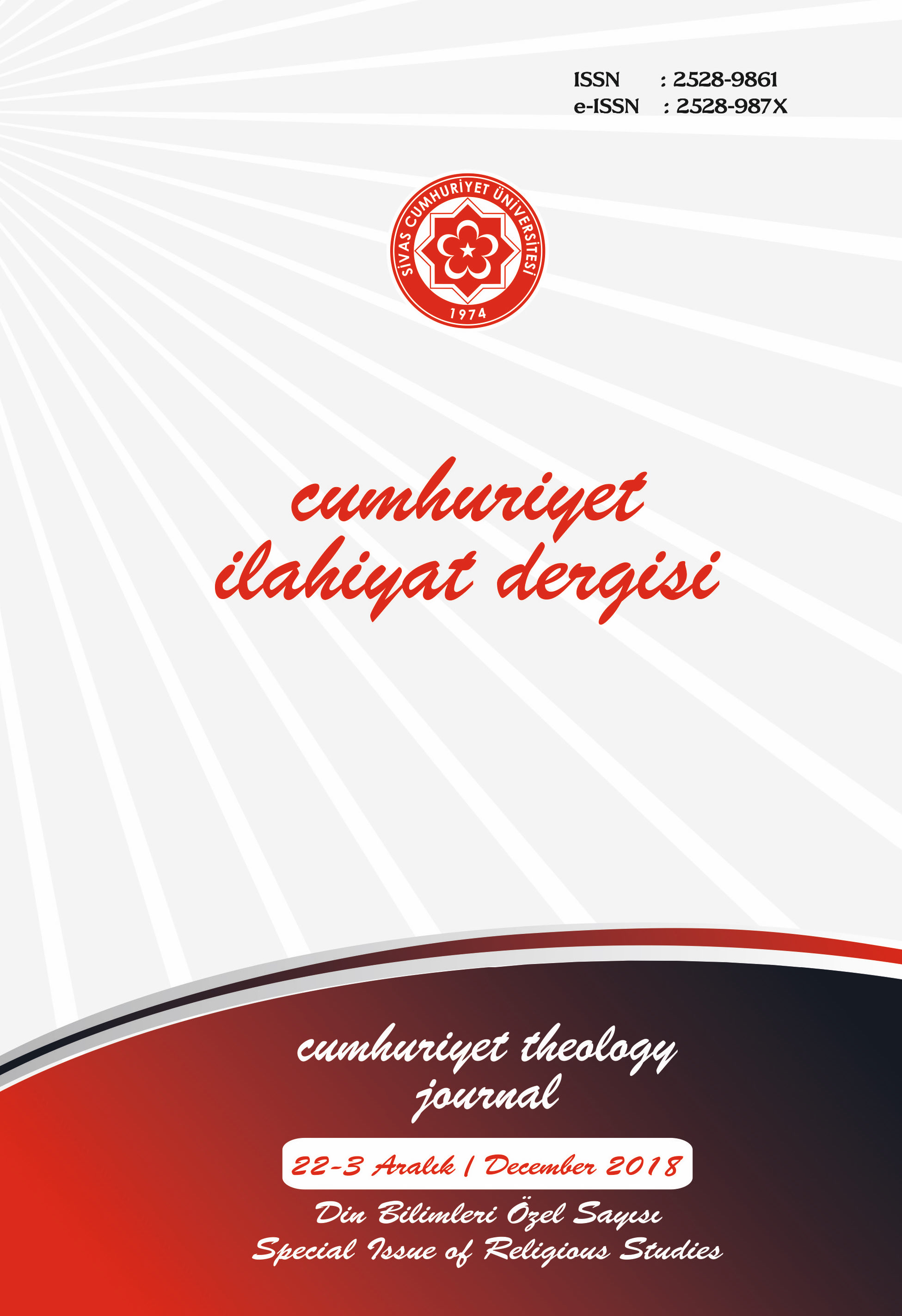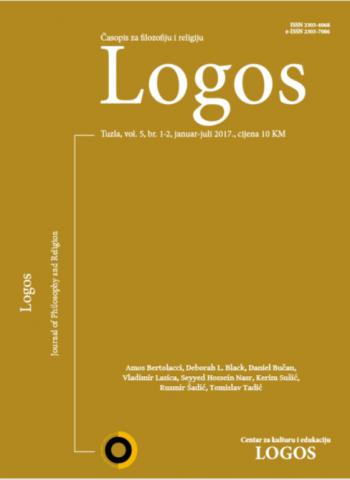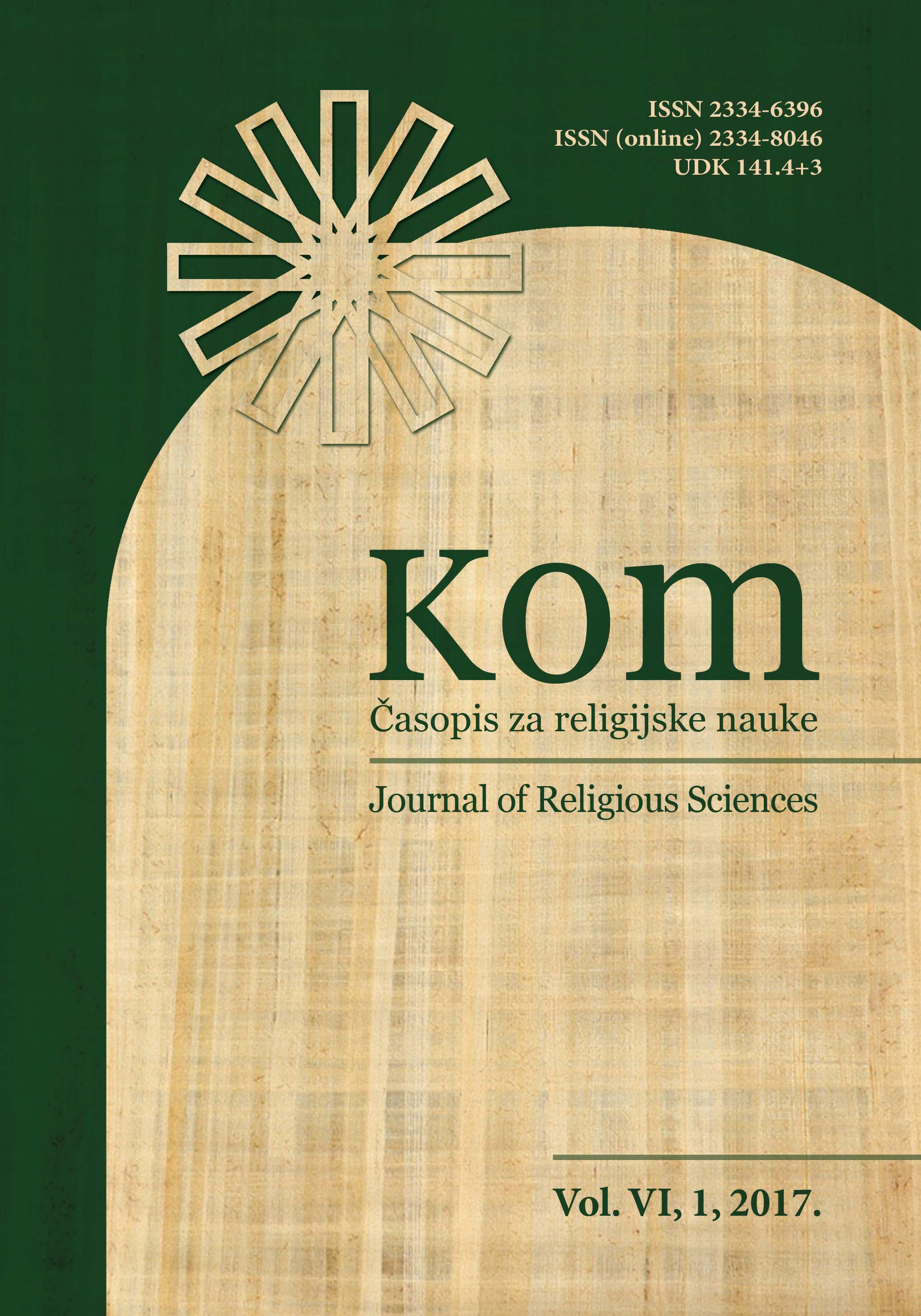
Urođene ideje u islamskoj filozofiji
The human soul is the subject of debates in numerous scientific disciplines. Philosophical considerations encompass a special dimension of the human soul that is related to ontological truths. Among different philosophical questions raised regarding the human soul, the issue of innate ideas particularly stands out. Well-known points of disagreement between Plato and Aristotle regarding this question are usually focused on whether a person possesses knowledge and thoughts from their creation, i.e. birth, or they acquire them through time and experience. With the appearance of Cartesian scepticism and following the solutions Descartes offered for the problem of certain knowledge, the issue of innate ideas has remained the focal question for many prominent philosophers. In the Islamic philosophy, the rational explanation of the nature of innate ideas originates from the more comprehensive theory of the human soul and it states that a person, according to their nature, possesses already existent cognitive abilities they were born with. Innate cognitive abilities discussed in the Islamic philosophy do not refer just to theoretical, but to practical knowledge, as well. Therefore, the analysis of innate ideas in the works of Muslim philosophers is connected to a larger number of scientific disciplines than when it comes to most Western philosophers. The difference between the practical and theoretic intellect will serve as a cognitive basis for defining another aspect of innate ideas. The products of a practical intellect, the human will and his actions, are personal and particular and, therefore, can be connected to the everyday life of a person. Owing to the general presence of the practical intellect in all life spheres, the influence of innate ideas, which are determined in a human being, is recognizable in all most detailed moments of their life.
More...
